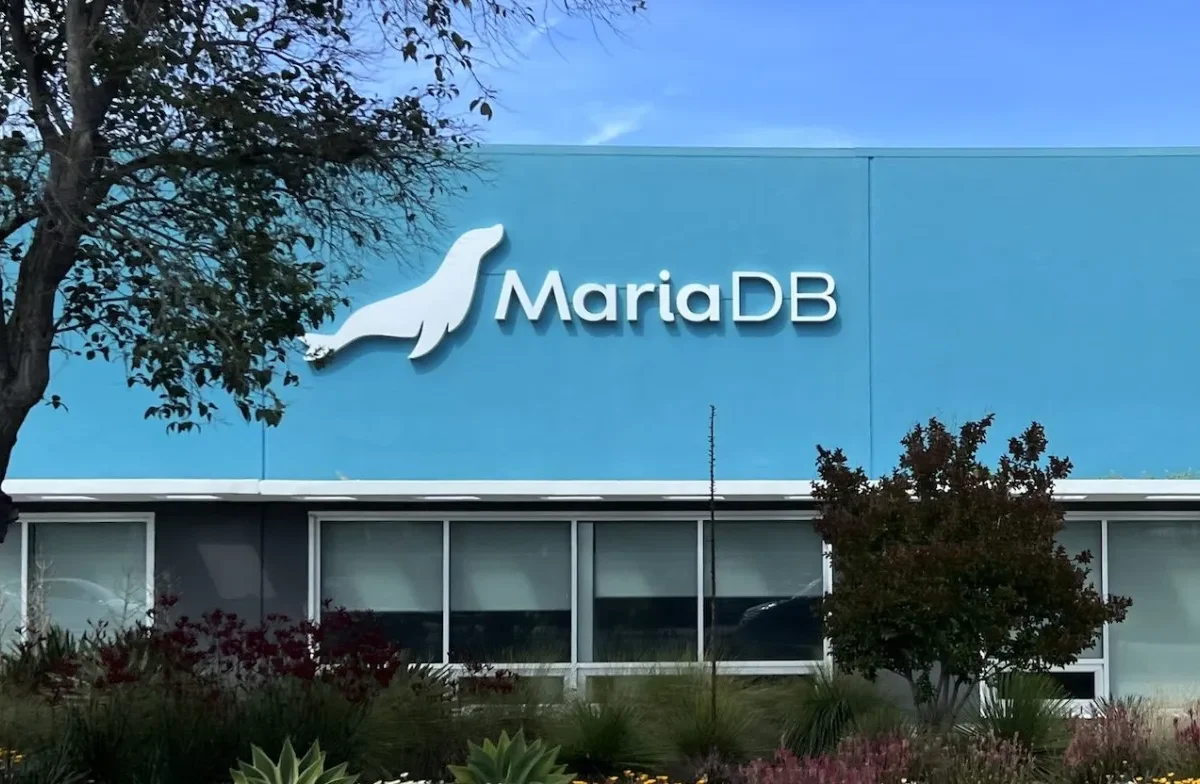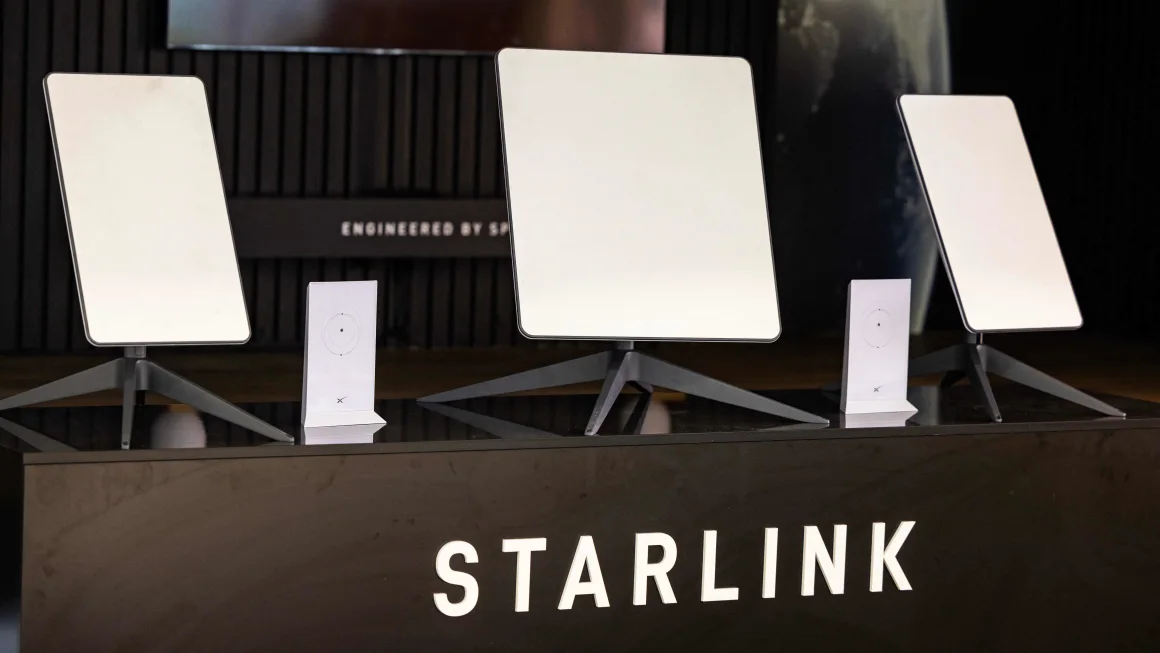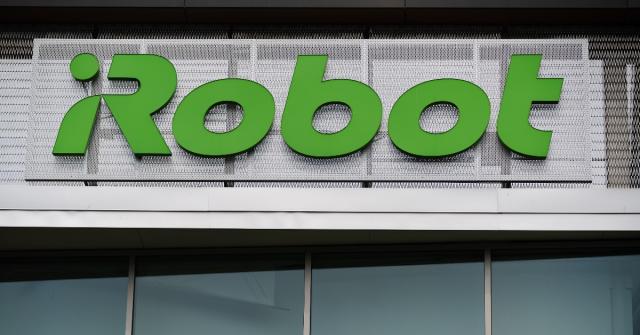Match Group has announced a significant enterprise collaboration with OpenAI, the creator of the AI chatbot, in a recent press release drafted with assistance from ChatGPT. This venture encompasses more than 1,000 enterprise licenses for the renowned dating app conglomerate, which includes popular platforms like Tinder, Match, OKCupid, and Hinge. The integration of AI technology aims to support Match Group employees in their daily tasks and is part of Match’s substantial investment of over $20 million in AI for the year 2024.
Although press releases typically exude enthusiasm for company developments, the release authored with ChatGPT veers into exaggerated territory. It boasts about ChatGPT being the ultimate “wingman” for employees, describes the Chief Technology Officer’s overwhelming excitement, and even incorporates a cringe-worthy analogy about AI safety akin to a “prenup with technology.” The release further includes a quote purportedly from ChatGPT itself, expressing dubious excitement about the collaboration.
Beyond the theatrics of the press release, Match Group plans to leverage AI technology, specifically ChatGPT-4, to enhance various aspects of its operations, including coding, design, analysis, template creation, and communication tasks. Access to OpenAI’s tools will be restricted to trained and licensed Match Group personnel to safeguard corporate data. Additionally, employees will undergo mandatory training focusing on responsible AI use, its capabilities, and limitations, aligning with the company’s existing privacy practices and AI principles.
While Match Group did not disclose the financial details of the agreement or its impact on the company’s finances, it anticipates that AI tools will significantly enhance team productivity. Executives highlighted Match Group’s commitment to AI during the fourth-quarter earnings call, emphasizing its role in evolving existing products and developing new ones. AI is expected to revolutionize various aspects of the dating app experience, including profile creation, matching algorithms, and post-match guidance, with a focus on enhancing user safety.
CEO Bernard Kim underscored the strategic importance of AI to Match Group’s future, emphasizing its potential to elevate user experiences and product quality. The company is also exploring the creation of standalone AI-powered apps, with plans to commence testing in 2024. A dedicated innovation team is spearheading AI integration across Match’s app portfolio, supported by the expertise of Match’s acquisition, Hyperconnect.
Despite inquiries about Match Group’s broader AI initiatives leveraging OpenAI technology, the company refrained from providing details. However, Match Group has committed significant resources, allocating $20 million to $30 million towards AI innovation in 2024.









